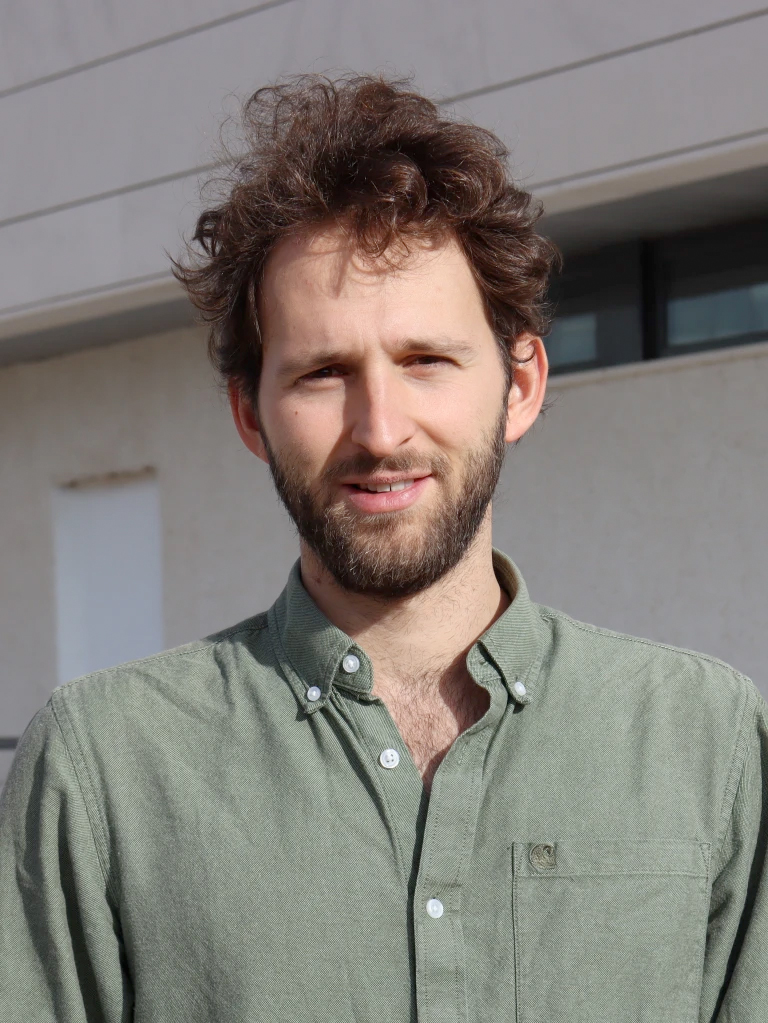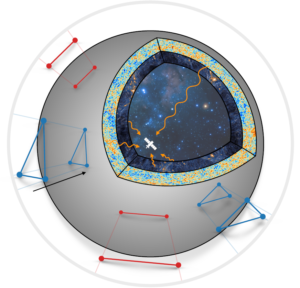
Lucas Pinol, post-doctoral researcher in the GRACES team of LPENS, Denis Werth, and Sébastien Renaux-Petel have won the second 2023 Buchalter Cosmology Prize for their work in cosmology and the development of a theoretical framework to study the physics of the primordial universe. This marks the first time a French team has been honoured with this prize. The jury recognized their innovative method for determining the observational consequences of any theory of the primordial universe. This introduces a unique theoretical framework for unbiased interpretation of future cosmological surveys, specifically the large-scale distribution of matter in the universe, and for testing inflationary theories.
Cosmological flow of primordial correlators
In their work, the authors demonstrated the effectiveness of a new method to predict the properties of primordial density fluctuations. These inhomogeneities were created during a phase of accelerated expansion called cosmic inflation, and they provide the seeds that collapsed to form galaxies and the universe as we know it. Their knowledge can only be statistical and is contained in what is called “cosmological correlators.” These correlators describe the structure of inhomogeneities in the universe and are key properties that connect theories of the primordial universe with cosmological observations. While theoretically calculable from first principles of physics, practical difficulties have historically hindered this, creating a bias between theories and theoretical predictions. The authors pioneered the development of the “cosmological flow,” a conceptual and technical framework that addresses these issues, allowing for the systematic calculation of cosmological correlators. This method traces their temporal evolution from their origin as vacuum quantum fluctuations to the end of inflation, providing a deep understanding of the physical processes at play during this phase of the primordial universe.
This breakthrough enables the scientific community to explore new processes in high-energy physics, i.e., energies much higher than those achievable in terrestrial experiments (e.g., in the Large Hadron Collider). During the inflationary phase, extremely massive particles were produced, and their subsequent decay into lighter particles left imprints in the distribution of primordial inhomogeneities. Thus, cosmological correlators hold the key to a completely unexplored physical regime, as they enable the detection of new particles and the characterization of their properties and interactions. This information would aid in establishing a “standard model of cosmic inflation.” Similar to how calculation algorithms have contributed to particle physics, the cosmological flow method effortlessly deduces the observational signatures of complex inflationary theories, as demonstrated by the team in a companion article to the award-winning paper. Much data is anticipated from major cosmological surveys like the Euclid space telescope or the ground-based Vera Rubin telescope. In this context, the cosmological flow method generates theoretical data ensuring unbiased interpretation of these observations. To expedite progress in this direction, in addition to publishing the formalism of the cosmological flow method, the study authors have made their code public.
The Buchalter Cosmology Prize is an annual award aimed at stimulating innovative theoretical, observational, or experimental work in cosmology with the potential for scientific breakthroughs regarding our understanding of the origin, structure, and evolution of the universe. It was created to encourage the development of new theories, observations, or methods capable of shedding light on the mystery of cosmic expansion from first physical principles. Announced at the annual meeting of the American Astronomical Society, the team’s second prize is endowed with 5,000 US dollars.
Lucas Pinol is a post-doctoral researcher at LPENS, former PhD student of IAP, Denis Werth is a PhD student at the Institut d’Astrophysique de Paris (IAP, CNRS, and Sorbonne Université) and Sébastien Renaux-Petel is a CNRS researcher at the IAP, lecturer at École Polytechnique and PI of the ERC GEODESI project in which the awarded work originated.

Illustration of the cosmological flow: From initial quantum fluctuations, cosmological correlators evolve over time (represented by the black arrow) until reaching the end of inflation, subsequently shaping the distribution of matter in our Universe. The traces left in the sky by these correlators offer the opportunity to explore new, yet-unexplored physical theories that the next generation of cosmological surveys could decode.
More:
– Award-winning paper: Werth, Pinol, Renaux-Petel 2023, « Cosmological flow of primordial correlators », http://arxiv.org/abs/2302.00655
– Companion paper: Pinol, Renaux-Petel, Werth 2023, « The Cosmological Flow: A Systematic Approach to Primordial Correlators », http://arxiv.org/abs/2312.06559
– Buchalter Cosmology Prize: http://www.buchaltercosmologyprize.org/
Author affiliation:
Laboratoire de physique de L’École normale supérieure (LPENS, ENS Paris/CNRS/Sorbonne Université/Université de Paris)
Corresponding author:Lucas Pinol
Communication contact: Communication team










